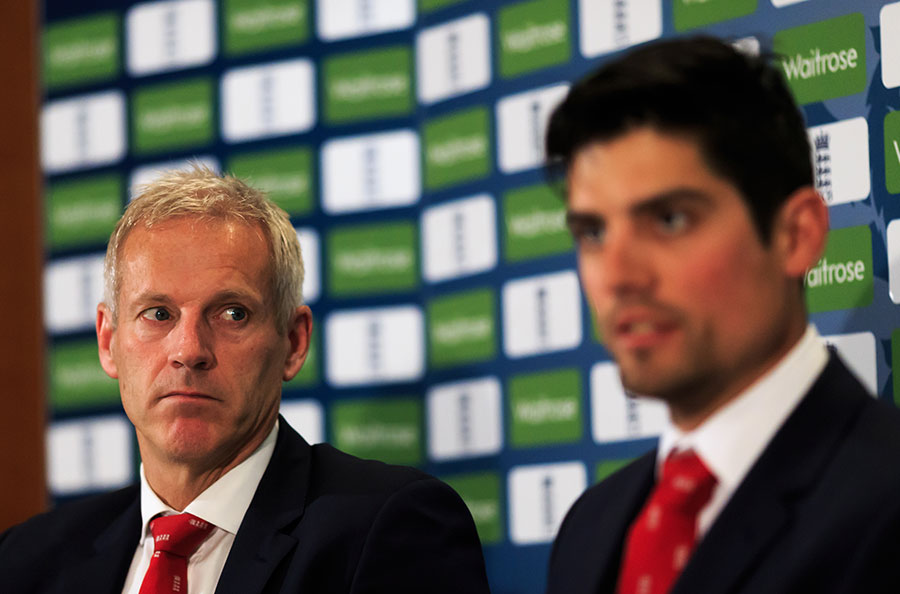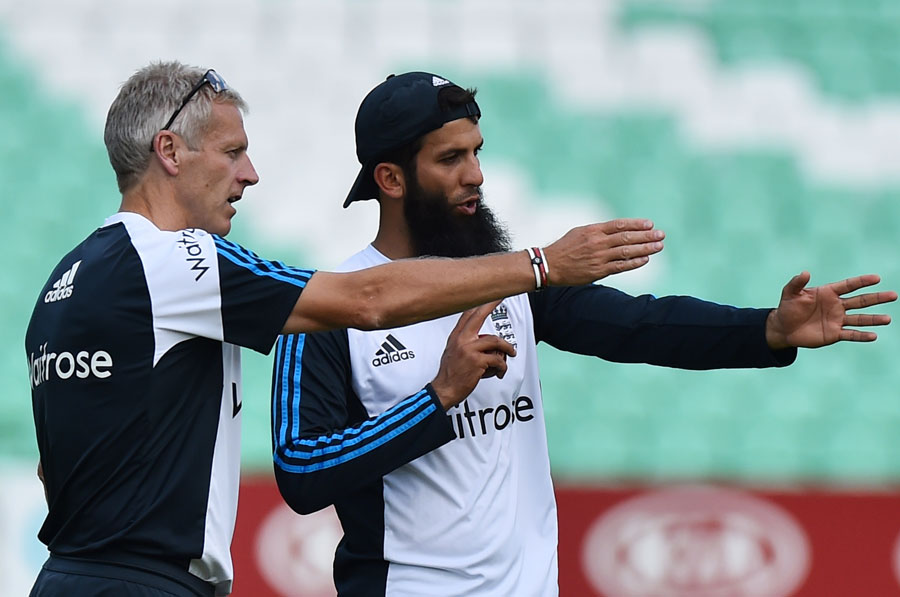Michael Henderson in The Telegraph
Teachers, as John Osborne observed, are underpaid as child-minders, and overpaid as educators. DH Lawrence, who, like many writers, was a teacher, knew even more keenly the difficulty of imparting knowledge both to young people who are not particularly interested and to those who are. Education is a significant feature of his twinned novels, The Rainbow and Women in Love.
The wisest teachers understand that the best work they do may not be apparent for many years – decades, even. From the sunlit meadows of middle age, it is possible to recall those who taught us in our youth, and recognise the debt we owe them. But it would be a very precocious teenager who could say as much.
Getting good grades is important, but it is not the only important thing, and ultimately it is not the most important thing. Our lives are shaped by other forces, and so it is only with the passing of the years that we acknowledge the value of those teachers who opened doors, though we did not at the time recognise their many acts of kindness.
Last month, our school held a memorial service for an English teacher who opened doors aplenty, not least in the summer months when he captained a cricket team, the Vagabonds, that wandered around the villages of Derbyshire. Michael Charlesworth was a liberal, tolerant man who knew that our language was our greatest gift. He was also a superb director of plays, and a bit of a mummer himself.
Although he retired a quarter of a century ago, the chapel was full of people who had travelled from far and wide to celebrate his life. There were proper hymns, well sung, and Shakespeare made his customary appearance before Sir Christopher Frayling, one of Mike’s old boys, presented an address on behalf of us all. Then we recessed to the organ voluntary – the theme tune from Match of the Day!
Most people, one hopes, had a teacher like that. A Mr Chips figure – appropriate in this case, as the great Robert Donat film of 1939 was shot at our school. The horrible modern word is “inspirational” but if your life has been touched in some way, you feel it in your blood.
Sir Chris Woodhead, who died this week, admired Lawrence. He, too, understood the difficulties of “drawing out” (from the Latin verb “educare”), but he spent most of his life trying to do just that, first in the classroom and then as head of Ofsted. That he had to put up with years of abuse from bigoted, incompetent teachers was a tribute of sorts. He told them what they needed to hear but feared to be told.
Christopher Woodhead visiting Davenant Foundation School in Essex in 1998
If anybody required a reminder of just how ghastly some of these teachers were – and are – the evidence could be found on websites after Woodhead passed away. “May you rot in hell,” screamed one delightful scribbler. Consider those words, and imagine, if you can, the person who wrote them: an adult with responsibility for educating children.
Belatedly, there is recognition, even from his opponents, that Woodhead was on to something. Just as many teachers, the ones not brainwashed by the “holistic problematised pedagogies” that Woodhead liked to mock, realise that Michael Gove’s reforms are beginning to bear fruit.
Although, like every generation before, today’s pupils may have to wait years to find out how and why.

 Christopher Woodhead visiting Davenant Foundation School in Essex in 1998
Christopher Woodhead visiting Davenant Foundation School in Essex in 1998
 "I don't have regrets. I look back with quite a lot of pride" © Getty Images
"I don't have regrets. I look back with quite a lot of pride" © Getty Images Moores brought new faces into the England side during both spells in charge © AFP
Moores brought new faces into the England side during both spells in charge © AFP